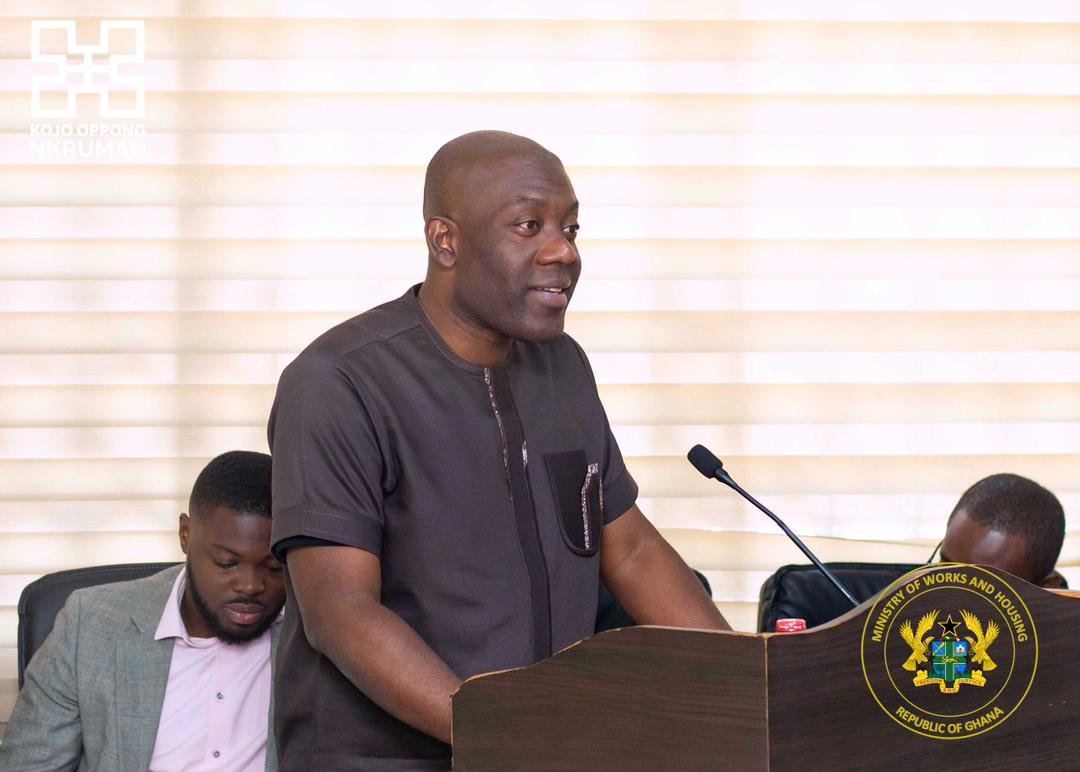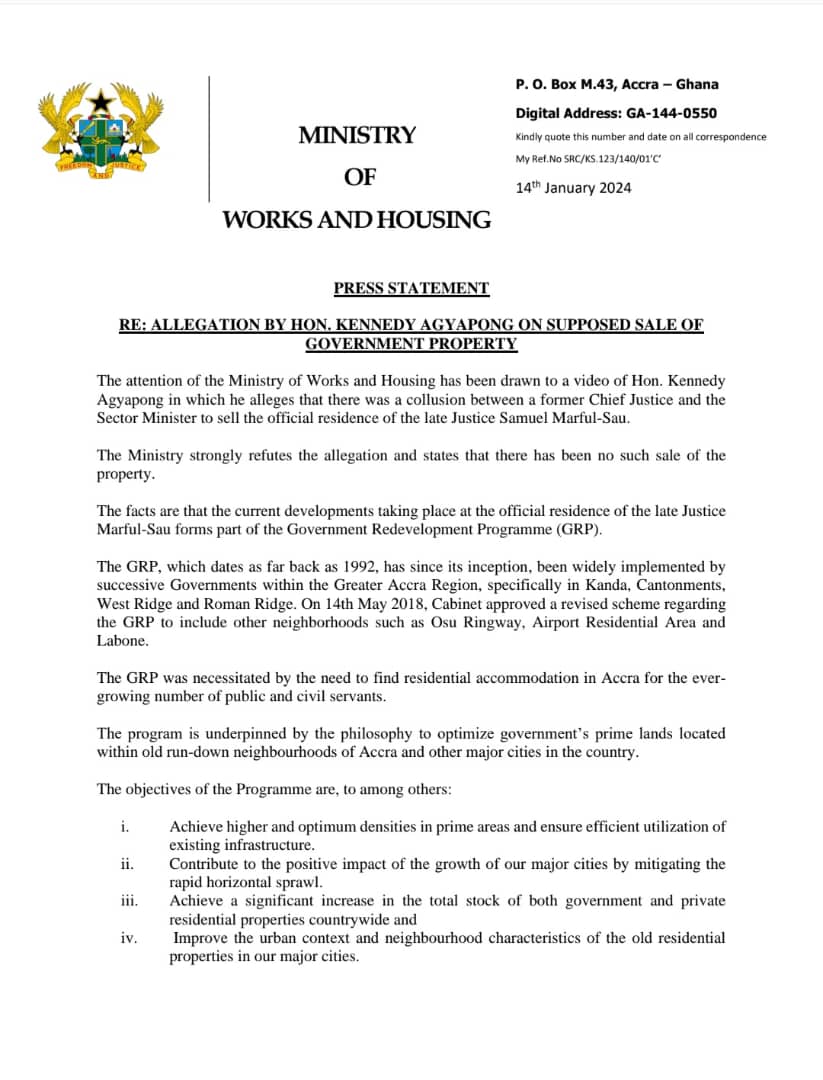


Professor George Owusu, Senior Lecturer, Institute of Statistical, Social and Economic (ISSER), University of Ghana, has highlighted the need for the Government to support self-built housing, which could help to reduce Ghana’s housing deficit.
He cited the 2021 Census, which showed a reduction in Ghana’s housing deficit from 2.8 million to 1.7 million, representing 32 per cent decline, attributed largely to self-built housing.
Self-built housing involves homeowners being directly or indirectly involved in the construction of their own home. The self-builder’s input varies from doing the actual construction to contracting certain works to an architect.
Prof Owusu, speaking at a workshop to disseminate research findings on Self-Built Housing and Urban Economic Growth in African Cities, explained that the initiative did not only provide housing for families but also enhanced local economic growth and job creation.
The research, led by the London School of Economic and the University of Ghana, in collaboration with the Centre for Democratic Development (CDD) Ghana, examined the drivers of urbanisation in Ghana and assesses how the process contributes to employment and economic development.
It focuses specifically on the role of self-built housing in Accra and Techiman.
The objective is to share key findings, insights and policy recommendations with policy makers, practitioners and stakeholders in the building economy to inform decision.
It also aims to gather feedback on the local context to enrich the research outcomes.
Prof. Owusu said because self-built housing contributed about 90 per cent to the housing economy, the metropolitan, municipal and district assemblies (MMDAs) must put in measures to streamline permits to ensure the houses were affordable and sustainable.
He emphasised the need to improve the country’s planning and land use systems to ensure houses were built in a sustainable and environmentally friendly manner.
Professor Claire Mercer from the London School of Economics and Member of the Research team, said the study examined how urbanisation was being driven by self-built processes.
She said that generated demand for materials, products, services, skills and labour, which contributed to creating jobs.
Prof Mercer said self-built housing enabled majority of the people, especially older persons, to move from dependency to ownership.
Dr Isaac K. Arthur, University of Ghana, explain that most self-built housing took about 10 years to complete on the average, which was done incrementally.
It took a long time for people to save to start the housing project through self-financing, but despite those challenges, there was stronger incentive for the urban poor to own houses, as it had become a social norm.
Dr Kojo Pumpuni Asante, the Director of Policy Engagement and Partnership, CDD- Ghana, commended the researchers for the brilliant work done in helping to solve the country’s housing deficit.
He, however, raised concerns over farmlands being used for self-built housing and the consequences such as food insecurity and flooding.
He, therefore, called for consensus on the research recommendations and how the government could support in its implementation for society’s benefit.
Source: GNA
The post Ghanaians urged to promote self-built housing to reduce housing deficit appeared first on Ghana Business News.
Read Full Story


















Facebook
Twitter
Pinterest
Instagram
Google+
YouTube
LinkedIn
RSS